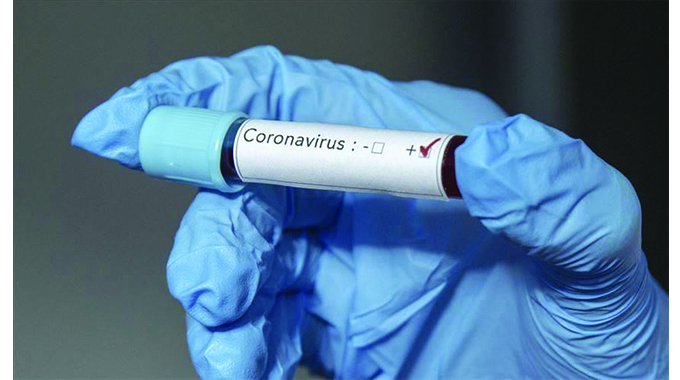Covid global health emergency is over – WHO

Harare Bureau
THE World Health Organisation (WHO) yesterday announced that Covid-19 was no longer a global health emergency of concern on the back of a decline in deaths and increased population immunity to the coronavirus.
This comes three years after the global heath body declared the state of emergency as the pandemic wreaked havoc worldwide, killing millions of people.
WHO director general, Dr Tedros Adhanom Ghebreyesus made the announcement following the body’s International Health Regulations Emergency Committee recommendations for the public health emergency of international concern declaration to end.
“For more than a year, the pandemic has been on a downward trend, with population immunity increasing from vaccination and infection, mortality decreasing and the pressure on health systems easing.
“This trend has allowed most countries to return to life as we knew it before Covid-19. Yesterday, the Emergency Committee met for the 15th time and recommended to me that I declare an end to the public health emergency of international concern.
“It is therefore with great hope that I declare Covid-19 over as a global health emergency,” he said.
However, Dr Tedros warned that the pandemic was not by any means over and urged nations to remain vigilant.
He said countries now needed to transition from emergency mode to managing Covid-19 alongside other infectious diseases.
WHO declared the coronavirus outbreak to be a public health emergency of concern in January 2020, about six weeks before characterising it as a pandemic.
President Mnangagwa then declared the pandemic as a national disaster in March 2020, ushering in the first total lockdown which helped to keep the number of cases and deaths at a low.
Although the country later reported a surge in cases, as was the case everywhere with the coming in of new strains of the virus, the measures put in place helped to minimise the impact of the pandemic.
The rollout of the Covid vaccine worldwide was credited with the improved immunity.
According to the WHO, “while the global risk assessment remains high, there is evidence of reducing risks to human health driven mainly by high population-level immunity from infection, vaccination, or both, consistent virulence of currently circulating SARS-CoV-2 Omicron sub-lineages compared to previously circulating Omicron sub-lineages and improved clinical case management.”
Globally, 13,3 billion doses of Covid-19 vaccines have been administered with 89 percent of health workers and 82 percent of adults over 60 years have completed the initial one or two doses recommended as per the vaccine schedule.
Zimbabwe on its part has been detecting fewer numbers of the disease as Government continues to ensure that the existing Covid measures are adhered to and vaccination is available for all.
According to statistics from the Ministry of Health and Child Care, a total of 7 206 536 first doses have been administered and 5 386 126 second doses. Another 1 999 724 third shots had been administered by May 4.
Zimbabwe has recorded 264 719 cases since 2020 with 258 937 recoveries and 5 688 deaths.
But officials have warned that the decision to lift the emergency does not signal an end to the pandemic.
Dr Maria van Kerkhove, WHO Covid-19 technical lead and head of its programme on emerging diseases, said that the emergency phase of the Covid-19 crisis was over but the disease was “here to stay”.
“While we’re not in the crisis mode, we can’t let our guard down. Epidemiologically, this virus will continue to cause waves.
“What we are hopeful of is that we have the tools in place to ensure that the future waves do not result in more severe disease, don’t result in waves of death and we can do that with the tools we have at hand. We just need to make sure that we are tracking the virus because it will continue to evolve,” she said.
Dr Tedros said that, if needed, he would not hesitate to convene another emergency committee meeting and declare a global health emergency again if there was a significant rise in Covid-19 cases or deaths in the future.
Zimbabwean public health officials and experts could not be reached for an immediate reaction to the declaration by WHO.











Comments